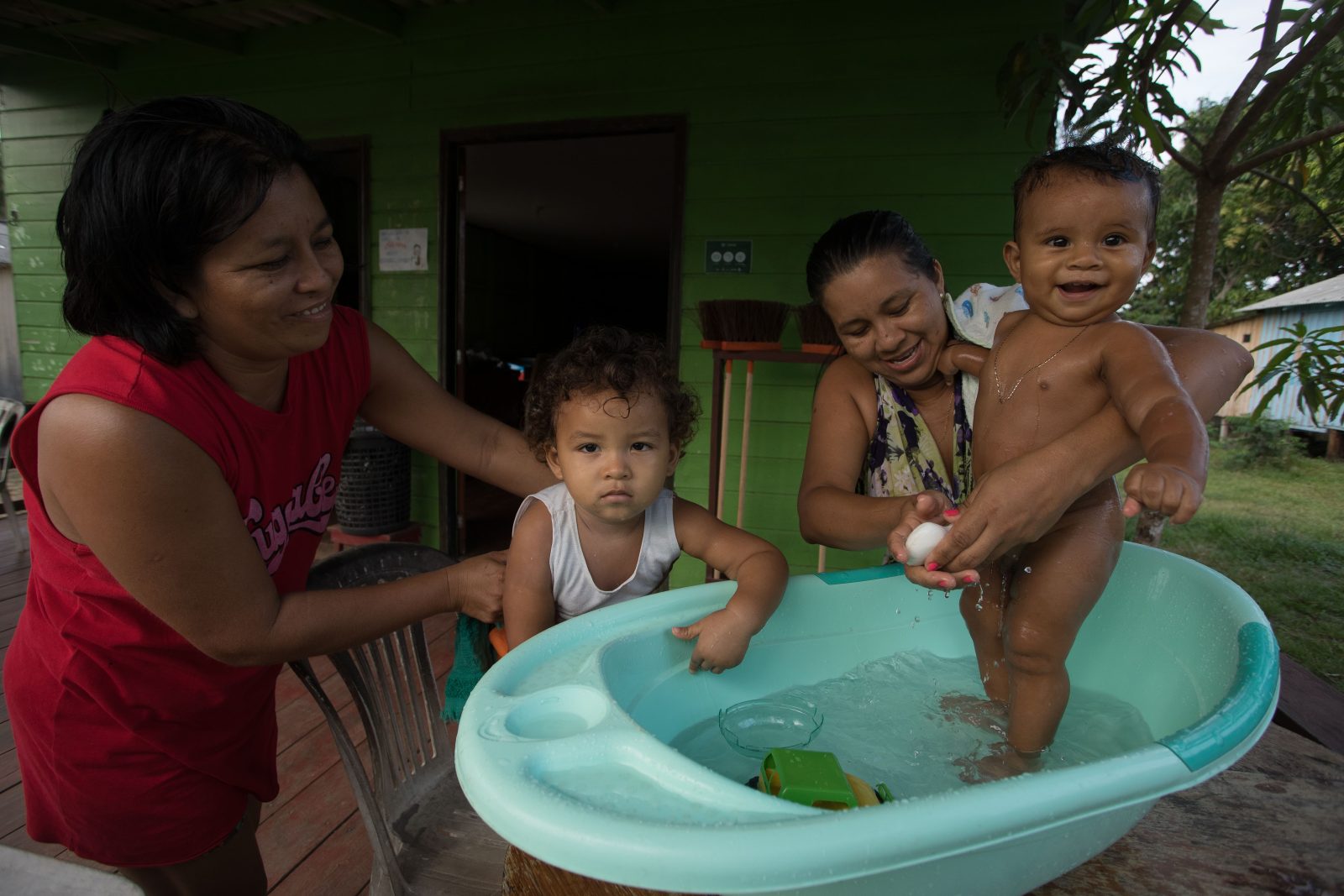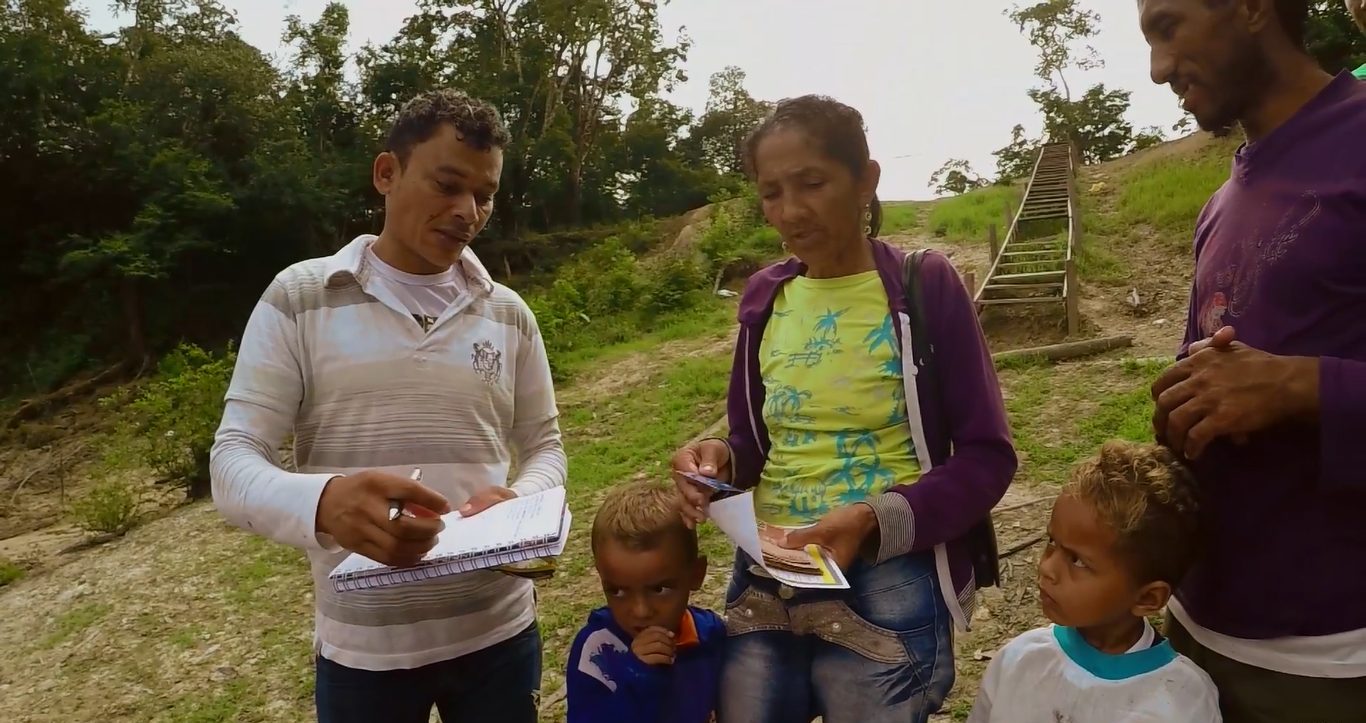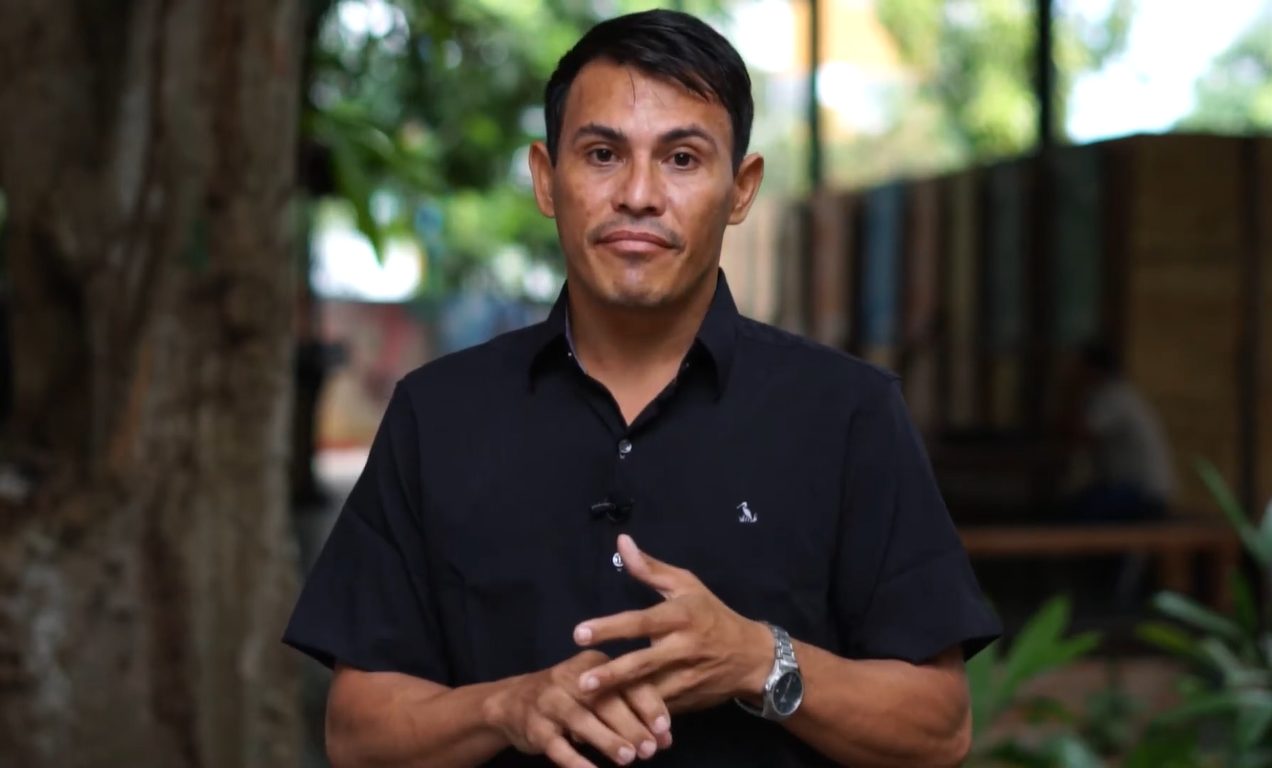FAS programs lifted 5 territories out of the poverty line and increased the income of families in Amazonian communities by 202%
The fight for the standing forest is also the fight against the poverty of its peoples. There is no biome without the set of lives that make up the world. The Amazon, guardian of the planet’s greatest biodiversity, still has some of the worst human development indexes in Brazil, with the lowest access to education, health and income. FAS works for the reduction of social inequalities with a focus on the region and, by means of socio-environmental projects, has contributed to an increase of 202% in the average family income in Amazonian communities.

Photo credit: Bruno Kelly
Through the Bolsa Floresta Program, a public policy of the Amazonas State Government implemented by FAS, financial incentives were allocated to 39.3 thousand people for environmental services rendered. Residents of 16 Conservation Units (UCs) committed themselves to good conservation practices and were rewarded as forest protectors.
The program was composed of four modalities: the Bolsa Floresta Familiar, with a monthly payment of R$ 50 to women from families living in protected areas; the Bolsa Floresta Associação, aimed at associations of residents in protected areas to strengthen social organizations and increase the protagonism of communities; the Bolsa Floresta Renda, aimed at supporting sustainable production to add value and improve income from forest and biodiversity products; and the Bolsa Floresta Social, for collective actions aimed at improving education, health, communication, and transportation.

Photo credit: Marcelo Kohek
Between 2008 and 2020, more than R$ 57 million were invested in the policy, which launched one of the first systems of Payments for Environmental Services (PES) in the world. The investments of FAS, the state government and the Amazon Fund have helped to lift 5 Amazon territories out of the extreme poverty line, improving the quality of life of local populations. In the Rio Negro Sustainable Development Reserve (RDS), family income from R$ 427 in 2011 to R$ 968 in 2019.
Opinion surveys carried out by the Action Institute over 8 years in 3 Conservation Units involved in the program point out that 83% of the people consider that life has improved with the arrival of the Bolsa Floresta. “The communities became more united when they looked at a common path”, reports Cleide Moreira, a community member and entrepreneur in the Uatumã RDS.

Photo credit: Rodolfo Pongelupe
“FAS was able to transform 50 reais into assistance in the generation of income, artesian wells, and ambulance boats. So, today, the people are assisted with drinking water, access to health, education, in short, an improvement that we didn’t see before, and that today we can say that life has improved a lot“.
Emerson Moreira, community leader in the Pindabaú Community, Canumã Sustainable Development Reserve (AM)
The income transfer came accompanied by a network of projects that aimed to strengthen the organization of communities and encourage green economic alternatives, whose strength lies in the valorization of native biodiversity, such as the productive chain of açaí, managed fishing, and sustainable tourism. The potentials and needs of each area were defined together with the residents, in a participative dynamic that recognizes the protagonism of the people of the Amazon.
“Here we invest a lot on tourism, which offers income to families that comes from the forest, but not by cutting it down, but with the standing forest. This way we have a control for future generations to have the same forest in the community”, says Roberto Brito, resident of the Tumbira community, in the RDS Rio Negro. After the program, Roberto exchanged logging for community-based tourism activities. As head of the Pousada do Garrido, he currently generates dozens of jobs and moves the local economy, invoicing more than R$ 400 thousand with the enterprise in the previous year alone.
In 2022, the public policy was remodeled and renamed the Guardiões da Floresta Program. Together, FAS, the government and partners are working to expand the scope of the activities to 28 Conservation Units, registering more than 14 thousand riverside and farming families in the state of Amazonas.
Check out the book “Bolsa Floresta Program: trajectory, lessons and challenges of an innovative public policy for the Amazon”, which highlights, among other results, the increase in the income of families participating in the program:

